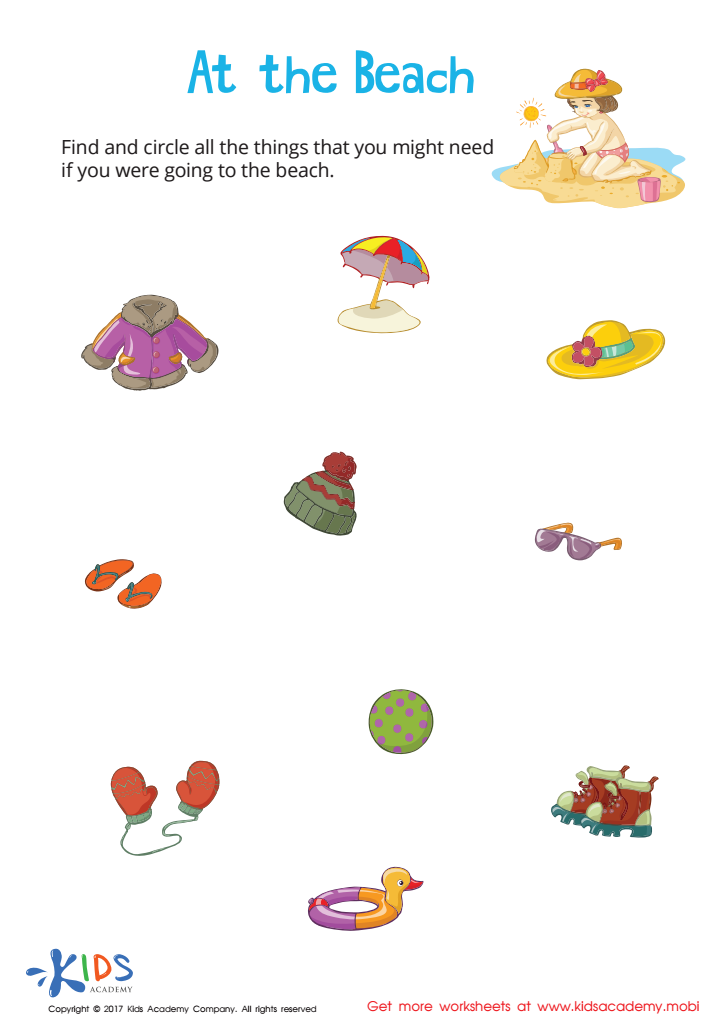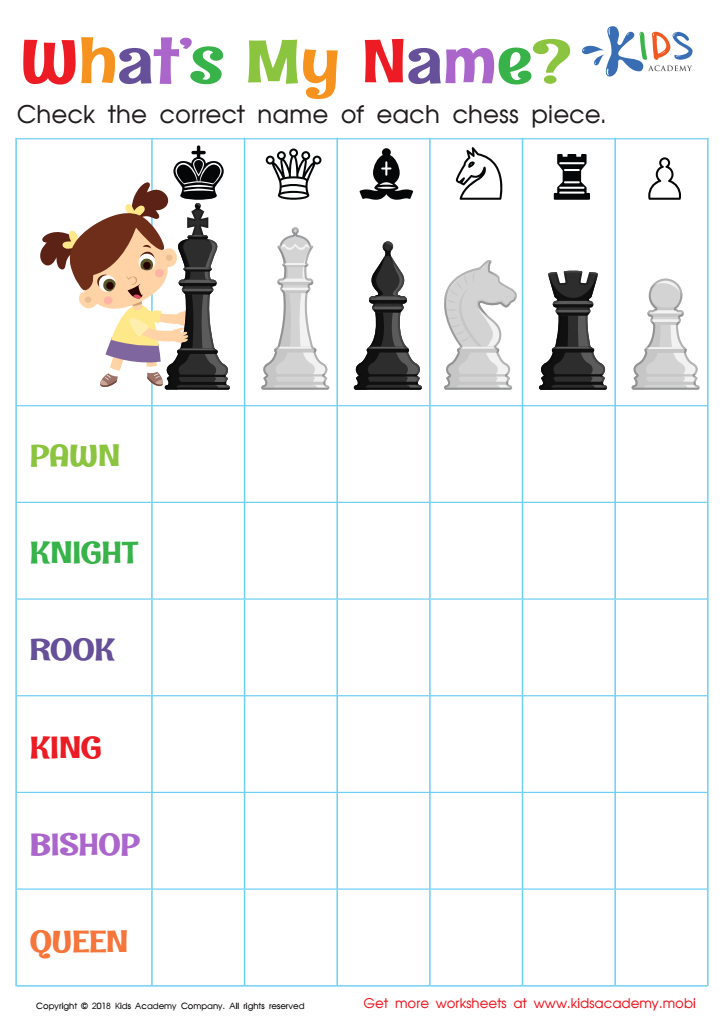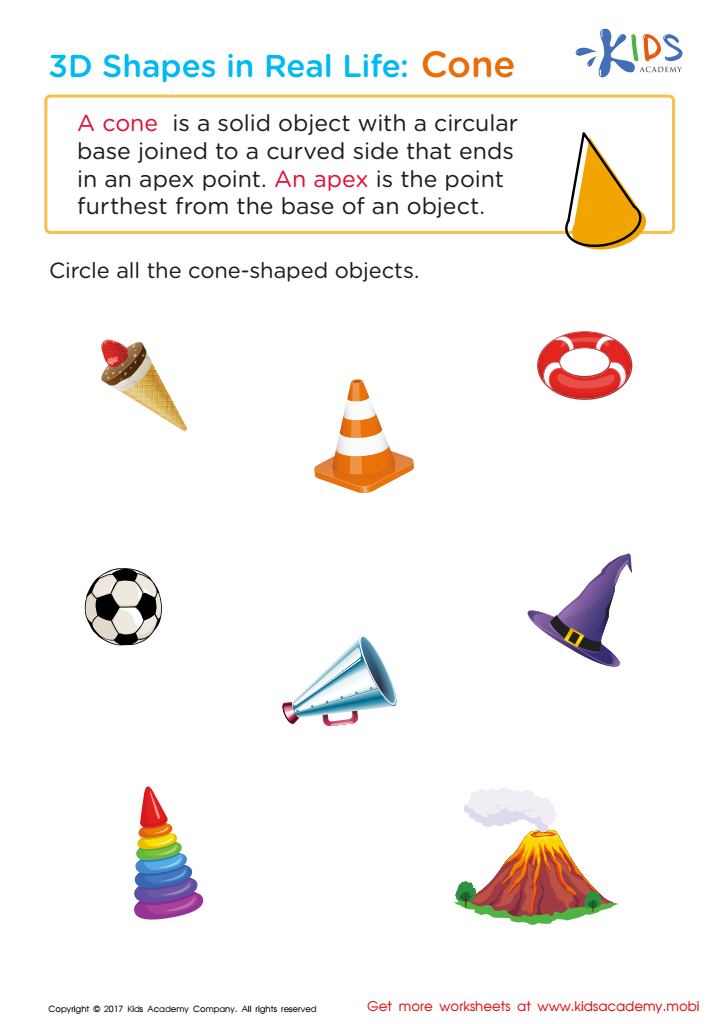Spelling practice Normal Math Worksheets for Ages 3-6
3 filtered results
-
From - To
Welcome to our Spelling Practice Normal Math Worksheets for Ages 3-6! Designed to make learning fun and engaging, these worksheets combine fundamental spelling skills with math concepts, ensuring a well-rounded educational experience for young learners. Ideal for preschool and kindergarten students, our printable resources focus on letter recognition, sound identification, and basic phonics, all while integrating simple math problems. Instill a love for learning early on with colorful, kid-friendly exercises that promote both spelling and arithmetic proficiency. Perfect for teachers and parents alike, these worksheets offer an effective way to support your child's development in a playful and interactive manner. Start exploring today!


At the Beach Sorting Worksheet


What's My Name? Worksheet


Shapes in Real Life: Cone Worksheet
Spelling practice and foundational math skills are crucial for children aged 3-6 as they lay the groundwork for future academic success. Language development during these early years directly influences literacy skills; effective spelling practice enhances vocabulary, phonemic awareness, and reading proficiency. As children learn to recognize and spell words, they build confidence in their communication abilities, which is vital for their social interactions and academic performance.
Similarly, early math skills are fundamental for cognitive development. Normal math activities help children understand basic concepts such as numbers, patterns, and relationships, fostering critical thinking and problem-solving skills. Engaging in early math practices builds a child's ability to recognize shapes, count, and perform simple operations, which are essential for later, more complex mathematical understanding.
Both spelling and math skills contribute to a child's overall development and academic readiness. They also encourage perseverance and a positive attitude towards learning. When parents and teachers prioritize these practices, they provide children with a solid foundation for success in school and beyond, ensuring they are well-equipped to tackle the challenges of academic life and develop a lifelong love of learning.
 Assign to My Students
Assign to My Students




.jpg)



.jpg)











